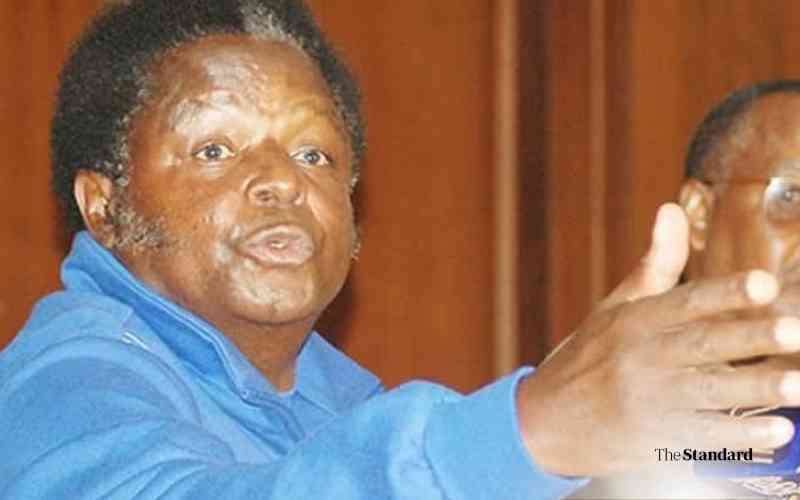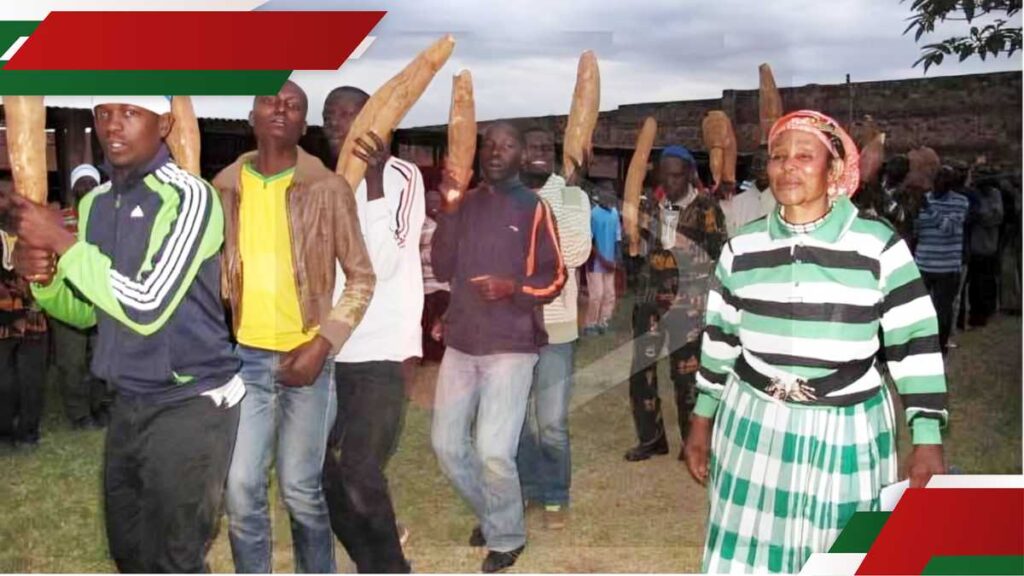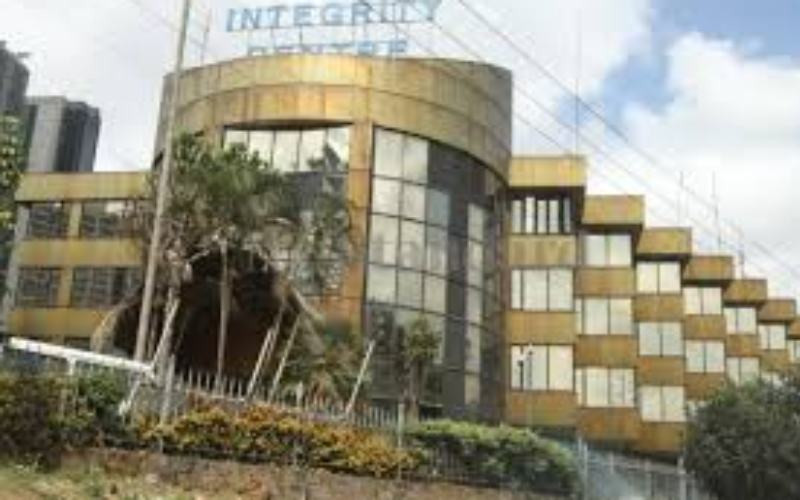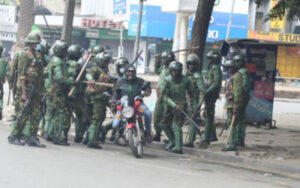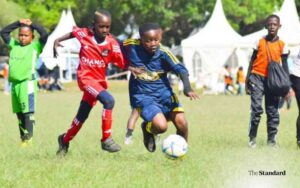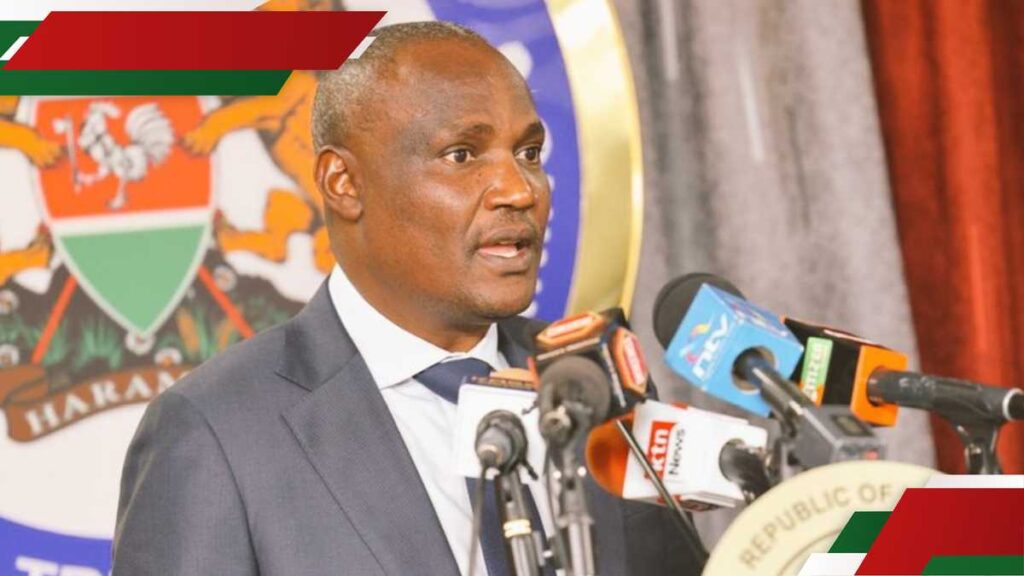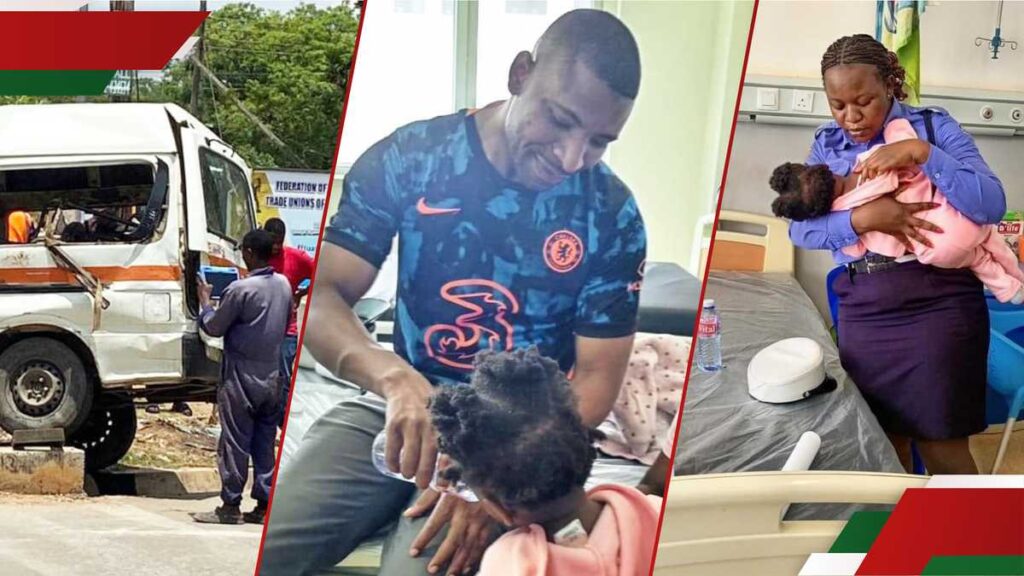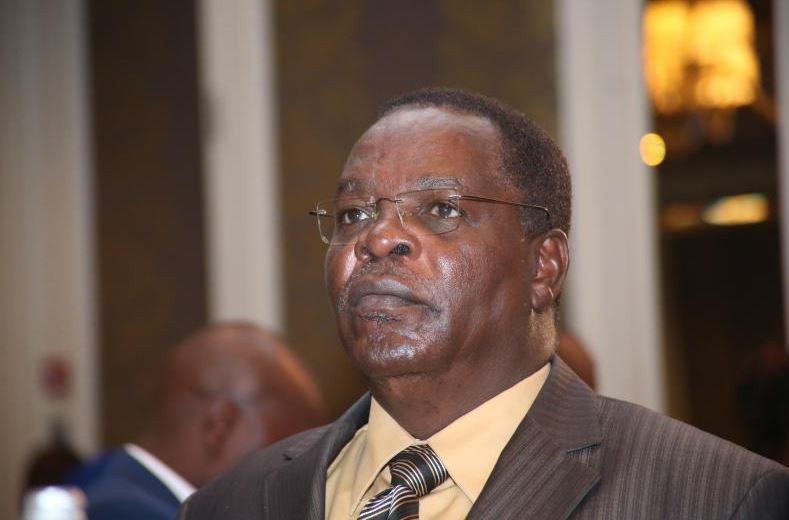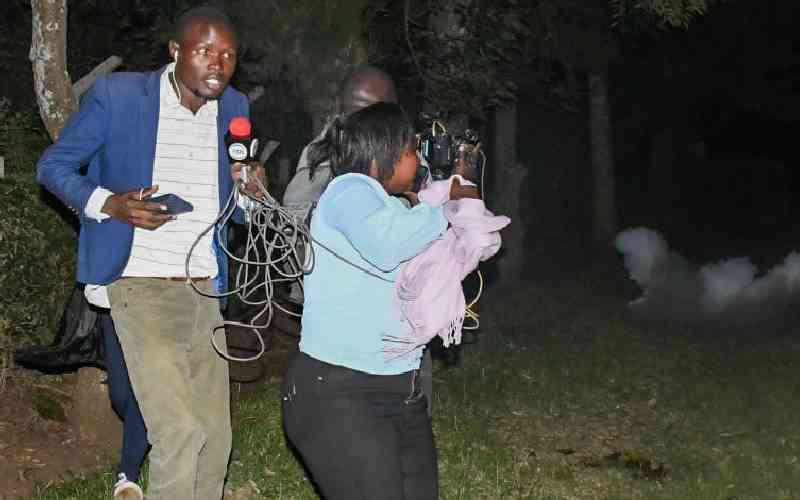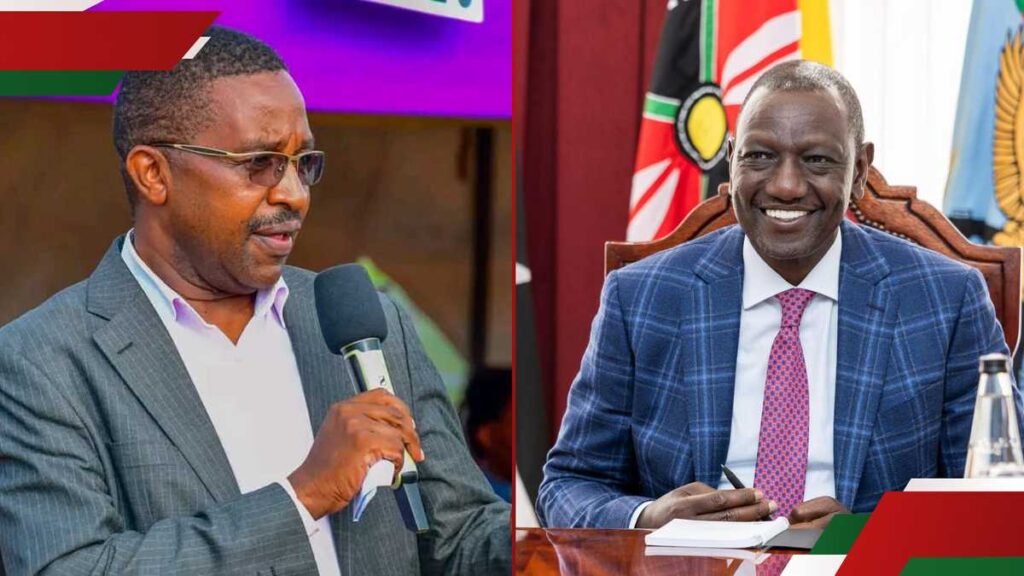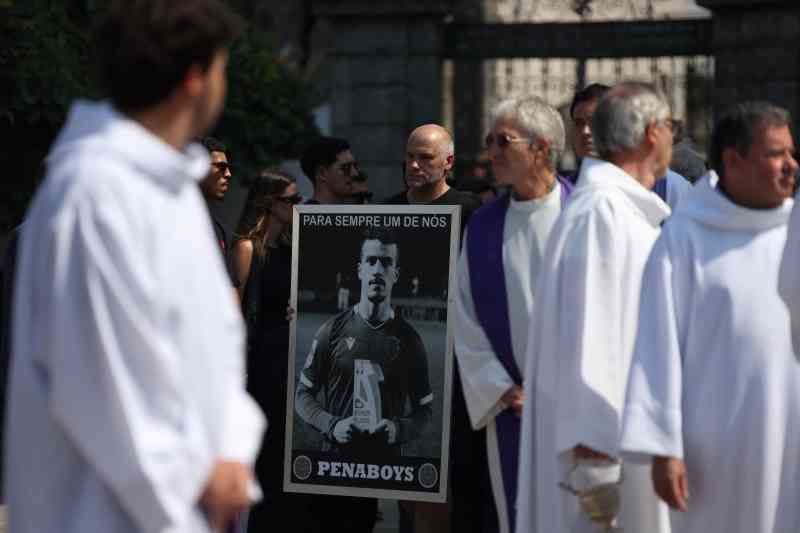The current generation of football fans may not know Sammy Obingo, who was laid to rest last Saturday in Eshitukhumi village in Mumias West, Kakamega County.
Football legends, who played and worked in Kenyan football between 1980 and the year 2000, were present to send him off. Obingo’s face and afro-hairstyle were synonymous with football in the region, as he was the Secretary General of the Kenya Football Federation (KFF) and the Council for East and Central Africa Football Associations (CECAFA). He later served the Kenya Cricket Association, which exemplifies his versatility and administrative prowess.
He must be the last person to hold the all-powerful office of Secretary-General in Kenyan football. The post began to undergo structural changes when Sam Nyamweya took over from him. KFF, as the Football Kenya Federation (FKF) was known back in the day, was a den of drama and intrigue, just as it is today, though a bit more organised. As the fights ensued, executive committees disbanded, caretaker and transition committees formed ad hoc, and Sammy Obingo was as perennial as the grass on football pitches.
The irony is, he never became chairman, and so he was more of Joab Omino’s sidekick than the main protagonist. However, that did not prevent him from popping up in the middle of the storm. The Secretary General was the CEO and spokesman of the federation because he ran the secretariat. Today, the CEO is appointed by the elected executive committee, to which he is answerable.
He was born in 1949 in Mumias. A graduate of the Bachelor of Science in Biochemistry from the University of Nairobi in 1974. His smarts are obvious in his longevity in football matters. He later worked in the chemical industry and even delved into marketing before plunging fully into football administration from 1984. He lost his wife a few years ago, and they are survived by five children.
Obingo became the Secretary of the Nairobi KFF Branch in 1984 and became the chairman in 1985. The following year, he was elected the Secretary General of KFF with Joab Omino as chairman. He would serve in that position under Omino through the turmoil of Kenyan football until 1996. He was at the helm as Kenya did well in the 1987 All-African Games as well as qualification for the 1988 Afcon in Morocco.
KFF was disbanded, and Adams Karauri was appointed to lead a caretaker committee in 1991, just before Kenya went to AFCON in Senegal. Meanwhile, Obingo had become the Secretary General of CECAFA in 1990, which consumed his time. They would return to KFF in late 1992, from where they launched a bid to host the 1996 Afcon. Kenya failed to satisfy CAF that we are ready to host the tournament, and it was moved to South Africa. That marked the end of Job Omino’s stint at the helm of KFF. Sammy Obingo tried to succeed him but lost to Peter Kenneth.
From the tributes shared on Saturday, Obingo was loving and supportive to football players even after they had retired. He was a man who loved the game and wanted it to grow, but the intricacies of Kenyan football are beyond the abilities of one to solve.
After his loss to Peter Kenneth, whose secretary was Sam Nyamweya, in the KFF chairmanship race in 1996. However, the game was too sweet for the man from Mumias, so he submitted his papers to run for KFF chairmanship in the year 2000. Despite being tipped as a formidable candidate, he later withdrew from the race, which later ushered in Maina Kariuki as KFF chairman.
Obingo did not shy away from controversy, as that was the name of the Kenyan football game. Ironically, he became the Secretary General of Football Kenya Limited (FKL) in 2009, another outfit that grew out of the wrangles in KFF. The same year in August, FKL chairman Mohammed Hatimy suspended him for misappropriation of funds. This is the time when FIFA had ignored the Sam Nyamweya-led KFF, and Kenyan football was being run by FKL.
Around this time, AFC Leopards and Gor Mahia were relegated from the league. This was between 2002 and 2008. The two clubs were undergoing a rough patch financially and were always in the relegation zone. Sammy Obingo and Erastus Okul made sure the clubs were not relegated by instigating boardroom manoeuvres.
However, Leopards were relegated after the 2006 season and played in the second tier. In 2007, AFC were to miss out on promotion when they finished behind Eldoret Mahakama in the nationwide league. But Mahakama was disqualified, paving the way for AFC to return to the Premier League thanks to Sammy Obingo, who had returned to football leadership with FKF.
He always appeared calm and gentle, even when handling whatever came with the hot seat of running Kenyan football. Behind that façade was a tough administrator with a good sense of humour.
In 1985, Gerry Saurer formed Volcano United as the first professional club in Kenya. Henry Kosgey, the Minister of Culture, tried to arm-twist KFF to allow Volcano United to play in the Super League in 1986. Sammy Obingo announced a list of 20 clubs to take part, and Volcano was missing. When journalists asked the reason, Obingo quipped that professionals cannot play with amateurs.
Stay informed. Subscribe to our newsletter
Though KFF later allowed Volcano United to feature in the league, a few years later, he would claim that he did not know the club had disbanded when it was all over the news. That was Obingo for you, a man who dedicated his sunset years to the service of his community in Mumias West. Fare thee well, Mr Secretary General.








